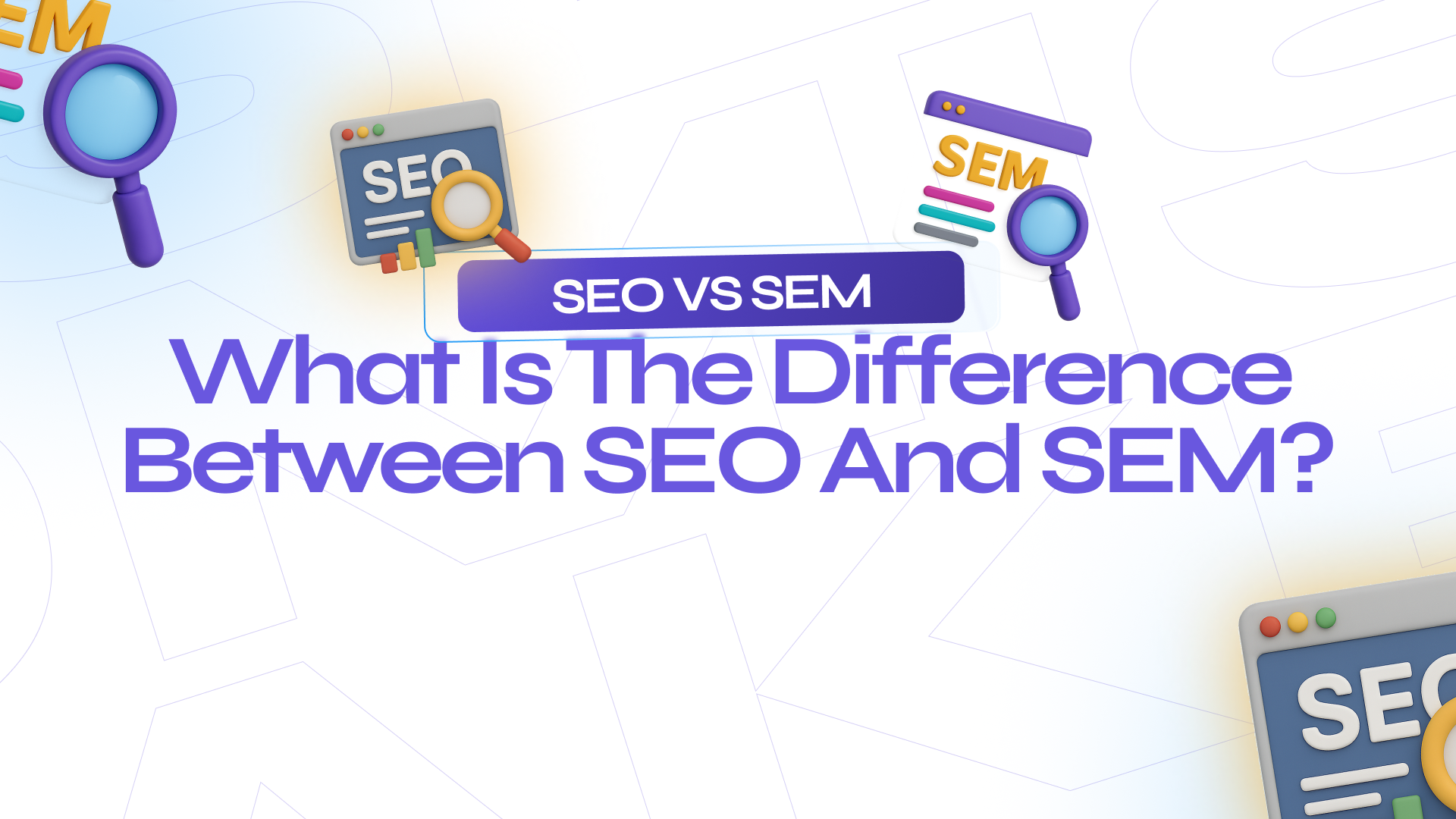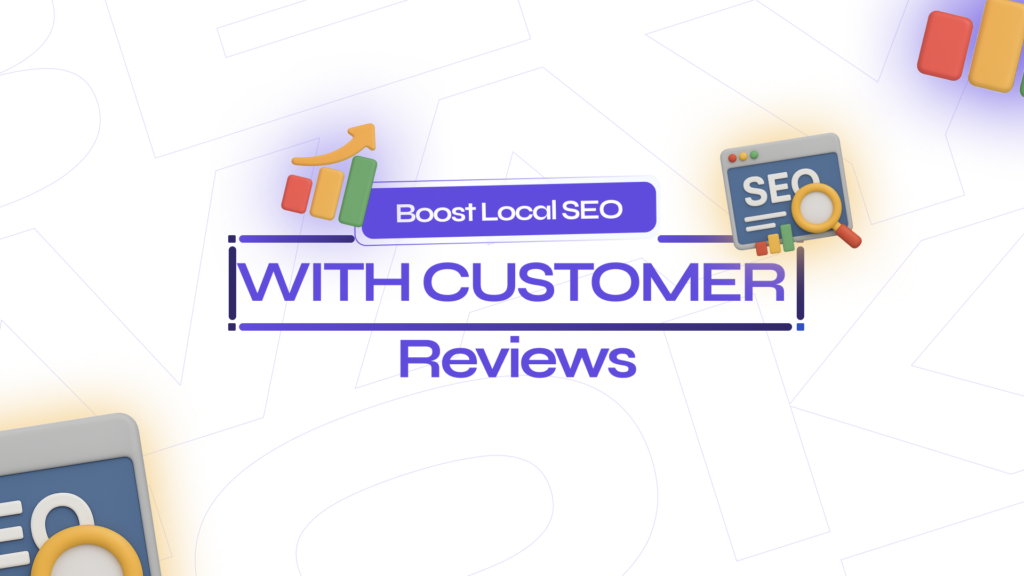In the world of digital marketing, there are two terms that are often confused: SEO and SEM. While they are both important for online marketing, they have different meanings and goals.
SEO stands for search engine optimization. It is the process of improving a website’s ranking in search engine results pages (SERPs) so that it appears higher for relevant keywords. SEO is a long-term strategy that requires time and effort to see results.
SEM stands for search engine marketing. It is a broader term that encompasses both SEO and paid search. Paid search is when a business pays a search engine to have its website appear higher in SERPs. SEM can be a more immediate way to get traffic to a website, but it can also be more expensive.
Here are some of the key differences between SEO and SEM:
- SEO focuses on organic search results. This means that websites that rank well for SEO are not paying to be there. They have earned their position through good content, relevant keywords, and other factors that search engines consider when ranking websites.
- SEM includes both organic and paid search results. This means that websites that rank well for SEM may be paying to be there, or they may have earned their position through SEO.
- SEO is a long-term strategy. It takes time and effort to improve a website’s SEO ranking. However, once a website has good SEO, it can continue to rank well for years to come.
- SEM can be a short-term or long-term strategy. Businesses can choose to pay for ads on a monthly basis, or they can commit to a longer-term contract.
- SEO is typically less expensive than SEM. However, the cost of SEO can vary depending on the size and complexity of a website.
Which is Right for Your Business?
The best way to decide whether SEO or SEM is right for your business depends on your budget, your goals, and your timeline. If you are looking for a long-term strategy that will help you build organic traffic, then SEO is a good option. If you need to get traffic to your website quickly, then SEM may be a better choice.
Here are some additional factors to consider when choosing between SEO and SEM:
- Your budget: SEO is typically less expensive than SEM, but it can take longer to see results.
- Your goals: If you are looking to build brand awareness, then SEO may be a better option. If you are looking to generate leads or sales, then SEM may be a better choice.
- Your timeline: If you need to get traffic to your website quickly, then SEM may be a better choice. If you are willing to wait for results, then SEO may be a better option.
Conclusion
SEO and SEM are both important tools for online marketing. The best way to decide which is right for your business depends on your budget, your goals, and your timeline. If you are not sure which is right for you, then it is a good idea to consult with an experienced digital marketing agency.





